GLOSSARY
A
The Appeals Council of the SSA will look at your claim for disability if you apply, are denied, and choose to appeal the decision. Most people get denied at least once, especially if they file on their own without the help of an attorney. Once you are denied even once, your subsequent attempts for disability will go to the Appeals Council to make a decision on your case.
B
This is how long it may take for your disability claim to be approved. The timeline can vary depending on the claim you are making, the information you provide, and the other cases that are currently under consideration. A high volume of cases can slow your approval timeline down, simply because of the level of activity at the SSA during that time.
C
This exam is done to help verify the information you make in your claim. It is done by a doctor approved by the SSA, and can help you get your claim put through properly. This doctor can certify that the information you are giving about your claim is true, and that the disability you are experiencing is legitimate and significant, keeping you from being able to work and seek out gainful employment.
D
F
This is how long it may take for your disability claim to be approved. The timeline can vary depending on the claim you are making, the information you provide, and the other cases that are currently under consideration. A high volume of cases can slow your approval timeline down, simply because of the level of activity at the SSA during that time.
G
This is how long it may take for your disability claim to be approved. The timeline can vary depending on the claim you are making, the information you provide, and the other cases that are currently under consideration. A high volume of cases can slow your approval timeline down, simply because of the level of activity at the SSA during that time.
H
This is how long it may take for your disability claim to be approved. The timeline can vary depending on the claim you are making, the information you provide, and the other cases that are currently under consideration. A high volume of cases can slow your approval timeline down, simply because of the level of activity at the SSA during that time.
L
This is how long it may take for your disability claim to be approved. The timeline can vary depending on the claim you are making, the information you provide, and the other cases that are currently under consideration. A high volume of cases can slow your approval timeline down, simply because of the level of activity at the SSA during that time.
M
O
When something is on the record, it means it is part of the case. Speaking “off the record” keeps that information from becoming part of the case and the knowledge that belongs to your claim or appeal. Everything about your case should be on the record, so you have transparency and honesty in dealing with the SSA and working toward getting your claim approved.
R
SSDI attorneys are limited in how much of a fee they can collect from their clients. If you receive back pay, or past-due benefits, your attorney may collect up to 25% of these benefits, with a maximum amount of $6,000. They are not allowed to take any more than that, or any of your current benefits, no matter how much those amount to.
S
This is basically the same as employment. There is a set amount a person can earn every month while on SSDI, and if they earn more than that they are considered to be involved in substantial gainful activity. They could lose their benefits at that point, since they are able to work. If you work at a job and are trying to get on SSDI, you will most likely be denied.
T
A technical denial occurs when your claim is denied, but that is not based on your disability or medical condition. Instead, this denial may come from incorrect paperwork, income restrictions, the fact that you have a job, or other factors that are unrelated to the physical or mental health condition that has led you to make a disability claim.
A trial work period is one in which you are employed in order to determine if you are capable of working with your disability. With accommodations, many people who have disabilities can still work and be gainfully employed. If you are not able to do this, you may still have a claim for disability from the SSA.
V
This is how long it may take for your disability claim to be approved. The timeline can vary depending on the claim you are making, the information you provide, and the other cases that are currently under consideration. A high volume of cases can slow your approval timeline down, simply because of the level of activity at the SSA during that time.
W
Every time you work and make money, you pay into Social Security. You also receive work credits that count toward your SS payment in retirement. These credits also count toward SSDI if you become disabled and cannot work for any reason. The more work credits you have, the more money you will be eligible for as a disability payment or in retirement.
This is how long it may take for your disability claim to be approved. The timeline can vary depending on the claim you are making, the information you provide, and the other cases that are currently under consideration. A high volume of cases can slow your approval timeline down, simply because of the level of activity at the SSA during that time.


